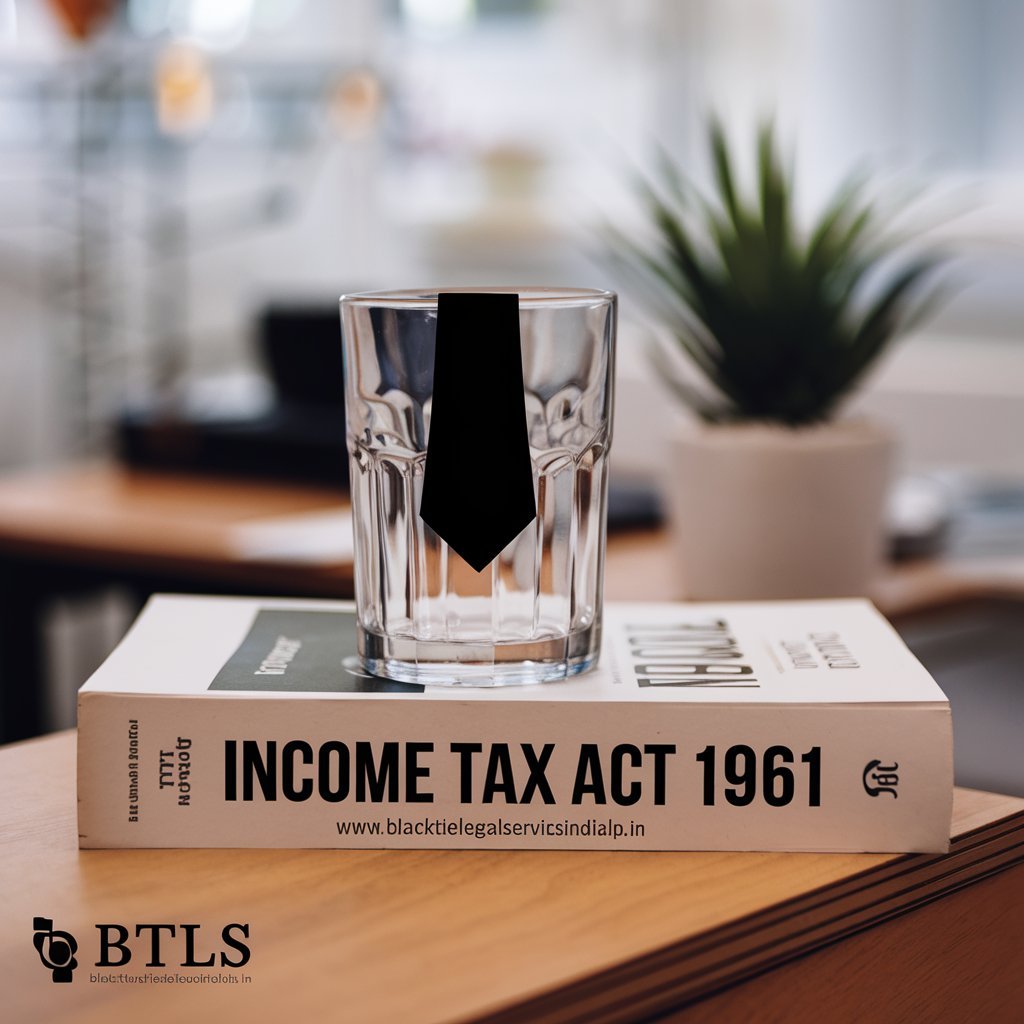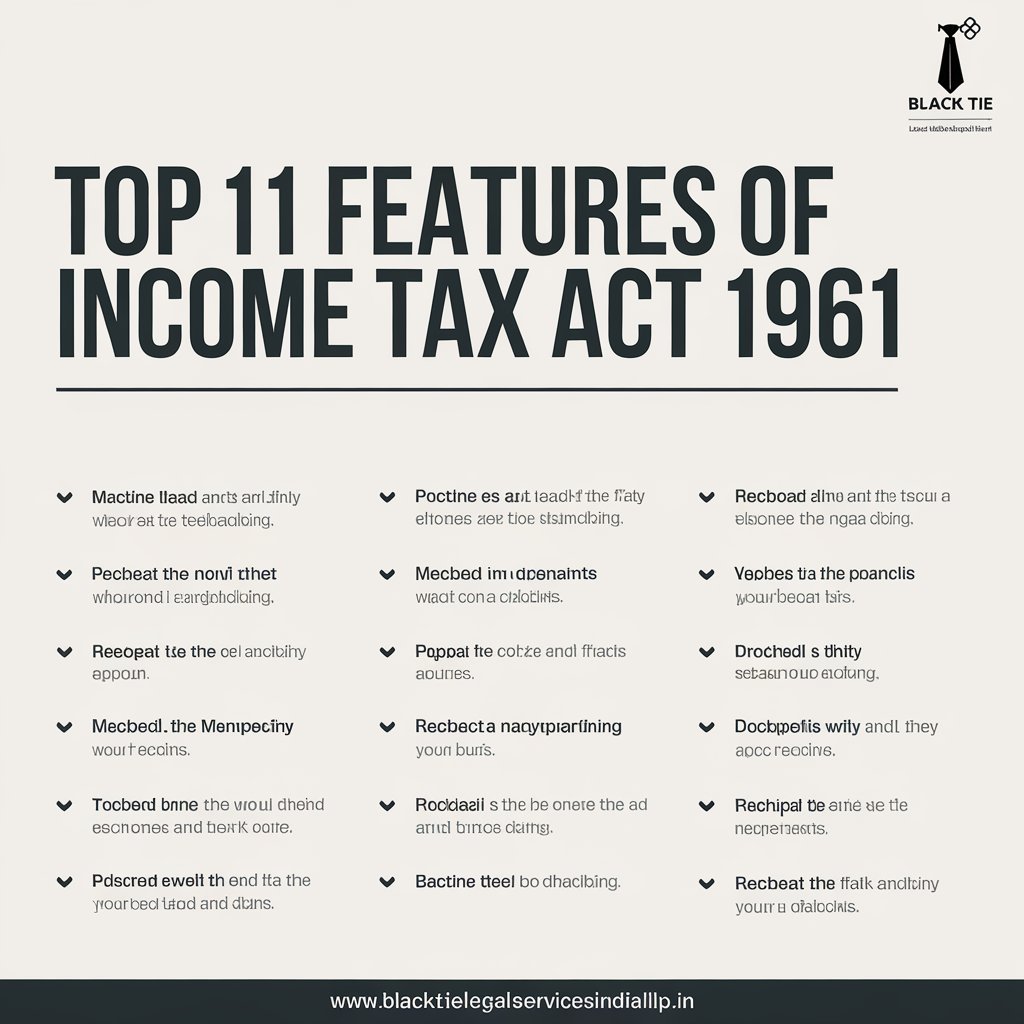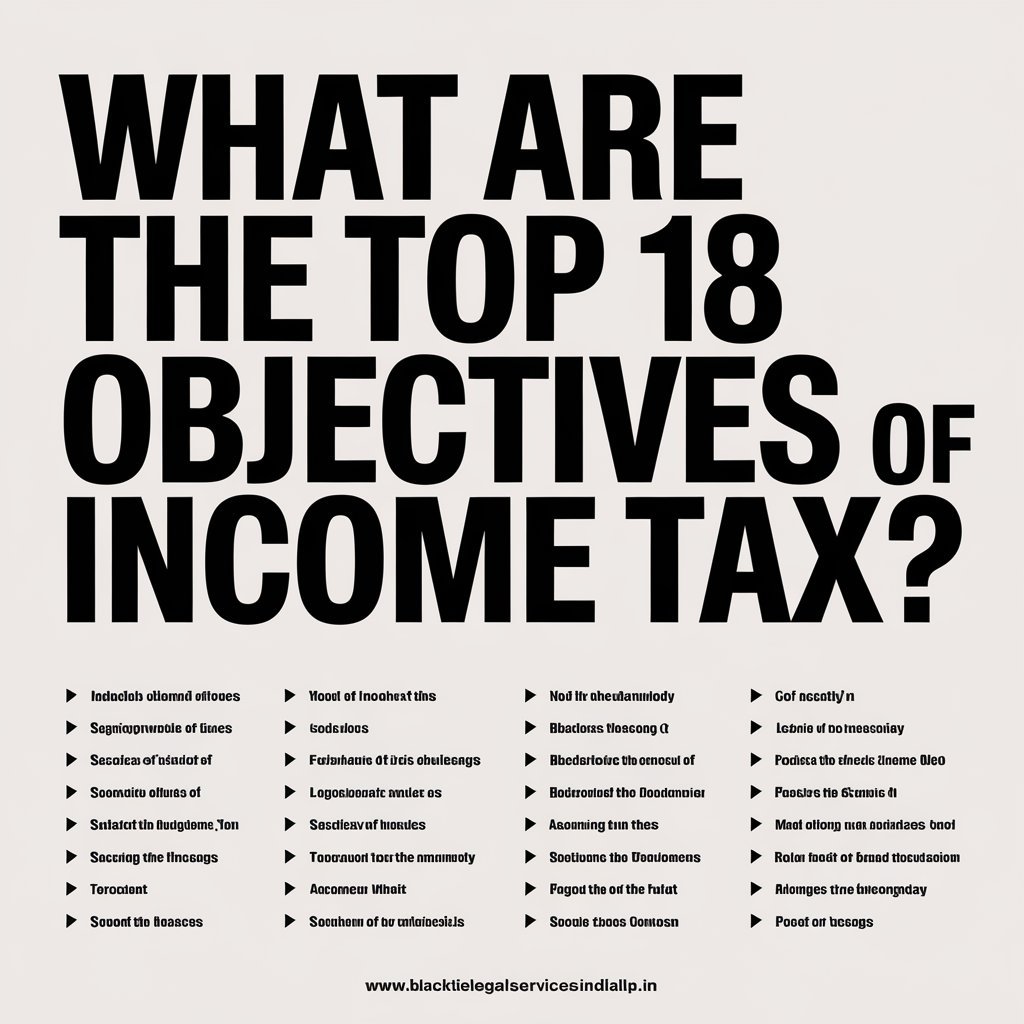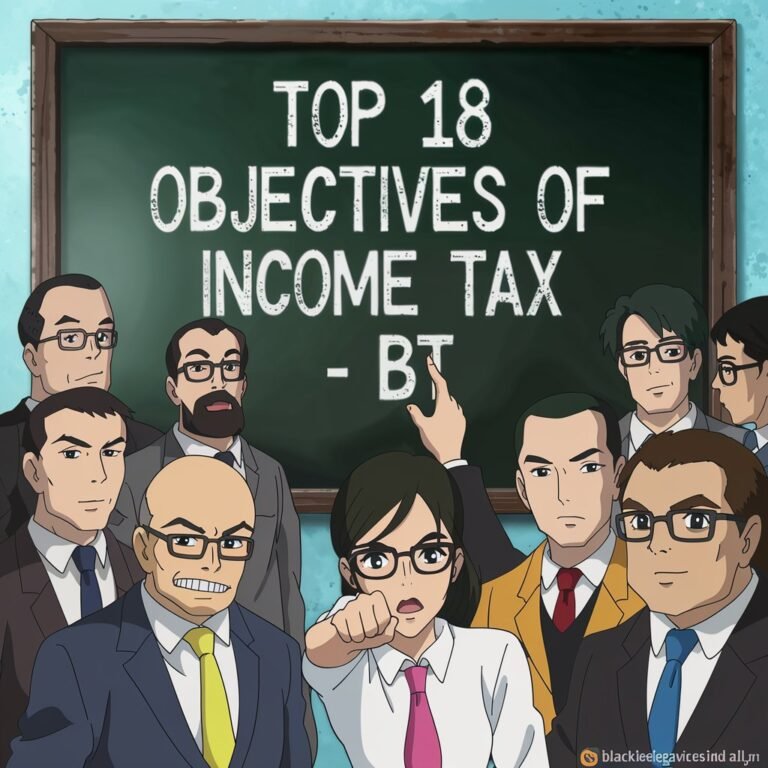Income tax is a very important element of the economic system of the entire country. And of course in the end you hear it as a source of income through which governments are able to fund vital service delivery, infrastructure development, and welfare programs.
After introducing income tax, it will be possible to say that it is much more than a simple means of generating revenue for budgets of all levels and meeting the needs of the state.
It is a tool for achieving socio-economic objectives and maintaining financial stability within a given country. In this post, we will identify and discuss the top 18 objectives of income tax like revenue, redistribution, welfare, stability, mobilization compliance, etc.
- What is the Income Tax?
- What is the Income Tax Act 1961?
- What are the Top 18 Objectives of Income Tax?
- Price Stability
- Full Employment
- Incentive Objective
- Revenue Generation
- Reduced Tax Liability
- Encouraging Investment
- Income Redistribution
- Wealth Accumulation
- Boost your Savings
- Compliance Costs
- Regulatory Economics
- Horizontal Equity
- Economic Development
- Cyclical Fluctuations Control
- Finance Act
- Reduction of Balance of Payments (BOP) Difficulties
- Non-Revenue Objective
- Cutting Down Taxable Income
- What are the Features of Income Tax?
- What is the Scope of Income Tax?
- In Conclusion
- FAQs
What is the Income Tax?

Income tax is any direct tax levied on revenues received by residents of a state, be they individuals, companies, or any other entities. It applies to all types of income that a person can obtain from business operations, wages, sale of shares, and other forms of investment.
Through income tax, governments extract the largest part of their income to meet the basic needs of the people in several provinces, including health, education, physical institutions, defense, and welfare.
What is the Income Tax Act 1961?

Income tax rules in India are governed by the Income Tax Act, 1961 which is the main act. After being passed in the Parliament, it came into force from the first day of April in the financial year 1962-1963 and has been the legal charter on which all subsequent income tax laws in India rest.
The Act also describes the procedural measures of income tax on individuals, companies, and other entities. It also details income classification, tax deductions, tax exemptions, tax penalties, and procedures for filing tax returns.
What are the Top 18 Objectives of Income Tax?

We have provided you all with a lot of information about the top 18 objectives of Income Tax in front of you below:
- Price stability
- Full employment
- Incentive objective
- Revenue generation
- Reduced tax liability
- Encouraging investment
- Income redistribution
- Wealth accumulation
- Boost your savings
- Compliance costs
- Regulatory economics
- Horizontal equity
- Economic development
- Cyclical fluctuations control
- Finance Act
- Reduction of balance of payments (BoP) difficulties
- Non-revenue objective
- Cutting down taxable income
Price Stability
Out of all the top 18 objectives of income tax the most important objective of income tax is price stability which is a fiscal goal, Governments can also establish tax policies to control inflation or deflation by altering the purchasing power of citizens in the form of taxes.
The idea behind imposing elastic taxes when inflation rates are high is that it helps reduce excess demand for products and hence a stable price in the economy.
Price Stability is the 1st objective among the Top 18 objectives of income tax and also a very important one.
Full Employment
Full employment is pretty well explained in that the government can use income tax policies to empower various companies and reduce unemployment. Since providing tax credits to firms that hire more people increases the demand for more employees, it also helps towards full employment. Also, a lower tax rate is conducive to creating employment opportunities as well as increasing client turnover.
Full Employment is the 2nd objective among the Top 18 objectives of income tax and also a very important one.
Incentive Objective
We will explore incentive objective very well in below paragraph:
In some cases, the income tax system will include incentives to encourage or reward certain actions. For example, tax credits on education expenses, annual retirement savings, or charitable contributions will compel citizens to undertake activities that are desirable in society. Ultimately, through providing such incentives, the tax system will greatly help achieve social and economic objectives.
Incentive Objective is the 3rd objective among the Top 18 objectives of income tax and also a very important one.
Revenue Generation
Income tax is the most basic source of government revenue, its primary function is that of a revenue generation. Various government departments identify income tax as a major source of revenue through which they provide social amenities ranging from health, education, physical infrastructure and defence.
This revenue ensures that the right services are available to the people so that overall economic development takes place.
Revenue Generation is the 4th objective among the Top 18 objectives of income tax and also a very important one.
Reduced Tax Liability
Income tax also has standard provisions where a taxpayer can reduced tax liability by taking advantage of deductions, credits and exemptions. These are intended to reduce taxes, promote home ownership or similar positive economic behavior among citizens, or help improve their financial situation while working in harmony with other fiscal policies.
Reduced Tax Liability is the 5th objective among the Top 18 objectives of income tax and also a very important one.
Encouraging Investment
Taxation laws in many countries may also encourage regional investment by establishing special rates of tax or exemptions on investment income.
Through eliminating or reducing taxes on dividends, capital gains, and other investment income, governments encourage both individuals and organizations to increase their investments with the aim of promoting economic growth and development as well as stimulating new innovations in the market.
Encouraging Investment is the 6th objective among the Top 18 objectives of income tax and also a very important one.
Income Redistribution
Another social objective of income tax is social justice which is the process of equalizing income. A progressive tax system in which people with higher incomes have to pay relatively more taxes than those with lower incomes particularly achieves the objective of equality. Such income redistribution ensures that the difference between income earners and non-income earners is equitable and fair.
Income Redistribution is the 7th objective among the Top 18 objectives of income tax and also a very important one.
Wealth Accumulation
With regard to income tax rates, wealth can be accumulated using special accounts, retirement funds, investment instruments, etc. These provisions promote savings for long-term needs, develop resources for personal welfare, and also aid in capital formation as well as the economic progress of the nation.
Wealth Accumulation is the 8th objective among the Top 18 objectives of income tax and also a very important one.
Boost your Savings
Various income tax measures include tax credits, which can be claimed on contributions made to individual retirement savings plans, or deductions on amounts, which can be claimed on certain types of savings. On this basis, the government knows that citizens are going to be more prepared for future emergencies, hence the need to create a welfare state.
Boost your Savings is the 9th objective among the Top 18 objectives of income tax and also a very important one.
Compliance Costs
According to the objectives of a well-structured income tax, the compliance cost of taxpayers should be reduced. Amendment of tax statutes that enable group taxation, the use of the internet to file tax returns, and preparing tax returns entail a reduction of compliance cost in terms of time and expenses. This efficiency not only proves taxpayers’ convenience but also contributes to the increase in the tax collection rate.
Compliance Costs are the 10th objective among the Top 18 objectives of income tax and also a very important one.
Regulatory Economics
Income tax has a regulatory function as it is used to guide the behavior of both companies and individuals. Business activities are regulated with the help of tax laws to meet national economic policies. For example, penalties for tax violations can be imposed on corporations that venture into activities that are considered environmentally unsustainable.
Regulatory Economics is the 11th objective among the Top 18 objectives of income tax and also a very important one.
Horizontal Equity
The income tax system seeks to create horizontal equity, thus, people who earn the same income should pay the same amount of taxes. This principle makes taxation fair and well coordinated because it creates a social justice that is respected by most taxpayers.
Horizontal Equity is the 12th objective among the Top 18 objectives of income tax and also a very important one.
Economic Development
Governments should spend the revenue from income tax on infrastructure projects, education, healthcare, and other services to help achieve efficient economic growth. Business Investment Income tax contribution enhances the business environment, living conditions, and economic growth.
Economic Development is the 13th objective among the Top 18 objectives of income tax and also a very important one.
Cyclical Fluctuations Control
Policies on income tax can also be used to address issues related to cyclical movements within the economy. Inflation can be curbed by increasing tax levels during boom years and during recessions, a reduction in taxes can increase demand thereby promoting the stability of the economic cycle.
Cyclical Fluctuations Control is the 14th objective among the Top 18 objectives of income tax and also a very important one.
Finance Act
The Finance Act is usually introduced every year and the rates and tax rules for the future financial year are reflected here. This law is closely related to the direction, form, and purpose of income taxation, which is in line with the government’s results related to revenue receipt, equity, and stability.
Finance Act is the 15th objective among the Top 18 objectives of income tax and also a very important one.
Reduction of Balance of Payments (BOP) Difficulties
Income tax also has an impact on balance of payments (BOP) difficulties. First, governments can help curb the tendency for imports to increase, which negatively affects the economy’s BOP, by providing tax breaks on domestic production and exports.
Reduction of Balance of Payments (BOP) Difficulties is the 16th objective among the Top 18 objectives of income tax and also a very important one.
Non-Revenue Objective
Although most consequential taxes are essentially non-revenue generating types of taxation instruments, they help achieve goals such as controlling environmental pollution or promoting certain favorable social values such as birth control. When the government aims for positive social impact through its tax laws, it acts as a lever that drives change in sustainability-sensitive sectors.
Non-Revenue Objective is the 17th objective among the Top 18 objectives of income tax and also a very important one.
Cutting Down Taxable Income
In most cases, taxpayers have control over the amount of taxable income through recognized losses and exemptions, thereby lightening the tax burden. Sections enabling medical expenses, charity, and education expense relief would allow taxpayers to deduct some of their income reduce their burden, and motivate financial management.
Cutting Down Taxable Income is the 18th objective among the Top 18 objectives of income tax and also a very important one.
What are the Features of Income Tax?
If you want to know about the features of income tax then you can get a complete guide of the features of income tax by just clicking here:
What is the Scope of Income Tax?
In India, the ambit of the income tax relates to who is liable to it, what income is subjected to it, and where it is applicable. Key elements include:
- Residential Status: Individuals are required to file returns based on their global income while those who are not residents of India are required to tax return based on their income that has been earned in India only.
- Income Sources: There are five head of tax; Salary, House property, Business/Profession, Capital gains, & Other sources such as Dividends and Interest.
- Taxable Entities: Persons (natural persons and ‘HUFs’, holding and other companies, firms, and unregistered trusts have their special rules inclusive of the progressive slabs of income for natural persons and fixed rates for companies.
- Geographical Scope: It can also be on income generated from overseas due to double taxation treaties to prevent the imposition of the two taxes.
- Taxable Transactions: Large-sale transactions and sales of properties or businesses are also subject to it.
In Conclusion
The role of revenue or income tax is not limited to just raising revenue. Recent theories identify it as a major instrument for achieving social justice, savings, investment, economic growth, and defense.
As a result of its many and varied objectives, it can be considered one of the most important instruments in the hands of governments, which guarantees uninterrupted progress and prosperity of the nation and every individual.
Knowing the above objectives, paying income tax is not only mandatory but also the right thing to do in society.


Add a Comment